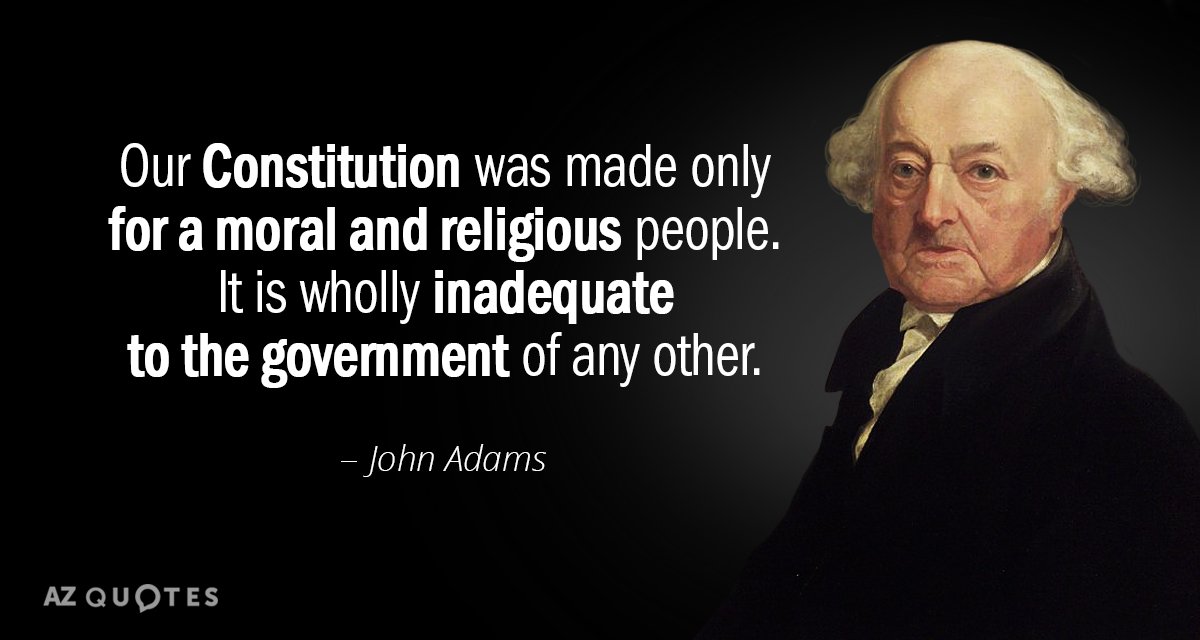
Building on recent research in cognitive science, social psychology, and social neuroscience, some authors even claim that people have a positive predisposition to respect the law, and natural cognitive and emotional propensities to consider the welfare of other people. Legal scholars usually classify these behaviours into two categories : first, coercion – avoiding legal consequences, or shaming, reputation loss and expulsion from cooperative relations – and second, legitimacy of the law – internalizing the law’s legitimate moral authority, and/or believing that it is in line with normative or moral judgments of what is right or wrong. Besides, you’ve followed this rule so many times now that it is part of your routine, a nearly automatic behaviour. You agree that this rule is legitimate, for your safety and for others. You know that violating that rule risks a fine, so it is in your best interest to abide by it. Why do you, and the vast majority of us, choose to abide by this traffic regulation?įor one, there is a clear rule which everyone agrees to obey when they receive their driving license. Yet, when the traffic light turns red, you stop. You have a clear view from every direction and there are no other cars in sight. You are driving your car in the middle of the night and arrive at a crossroads.



IHL in action: seven patterns of respect.


 0 kommentar(er)
0 kommentar(er)
